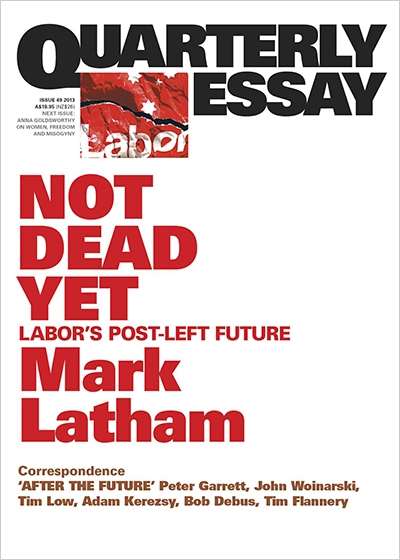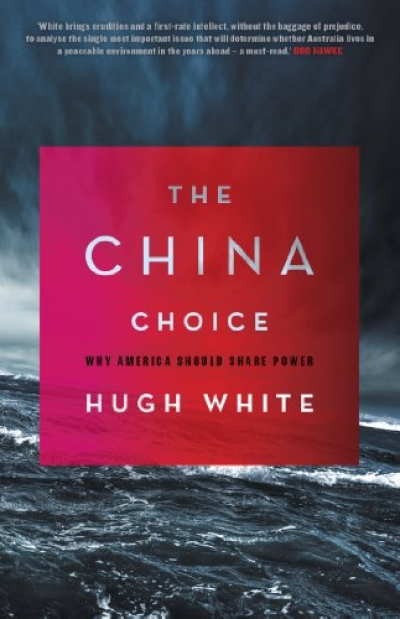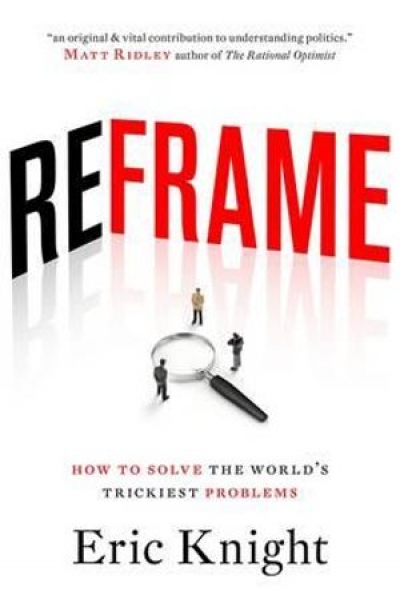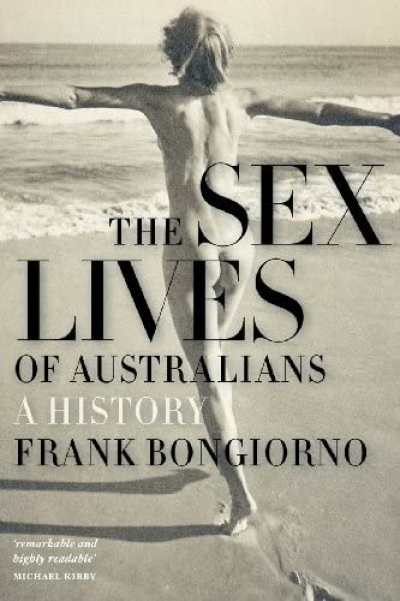Black Inc
Sign up to Book of the Week and receive a new review to your inbox every Monday. Always free to read.
Recent:
Not Dead Yet: Labor’s Post-left Future (Quarterly Essay 49) by Mark Latham
by Dennis Altman •
Ghost Wife: A Memoir of Love and Defiance by Michelle Dicinoski
by Jay Daniel Thompson •
The China Choice: Why America Should Share Power by Hugh White
by Nick Bisley •
Mine-field: The Dark Side of Australia’s Resources Rush by Paul Cleary
by Gillian Terzis •
Reframe: How to Solve the World’s Trickiest Problems by Eric Knight
by Alex O'Brien •
The Sex Lives of Australians: A History by Frank Bongiorno
by Dennis Altman •
Reaching One Thousand: A Story of love, motherhood and autism by Rachel Robertson
by Carmel Bird •











